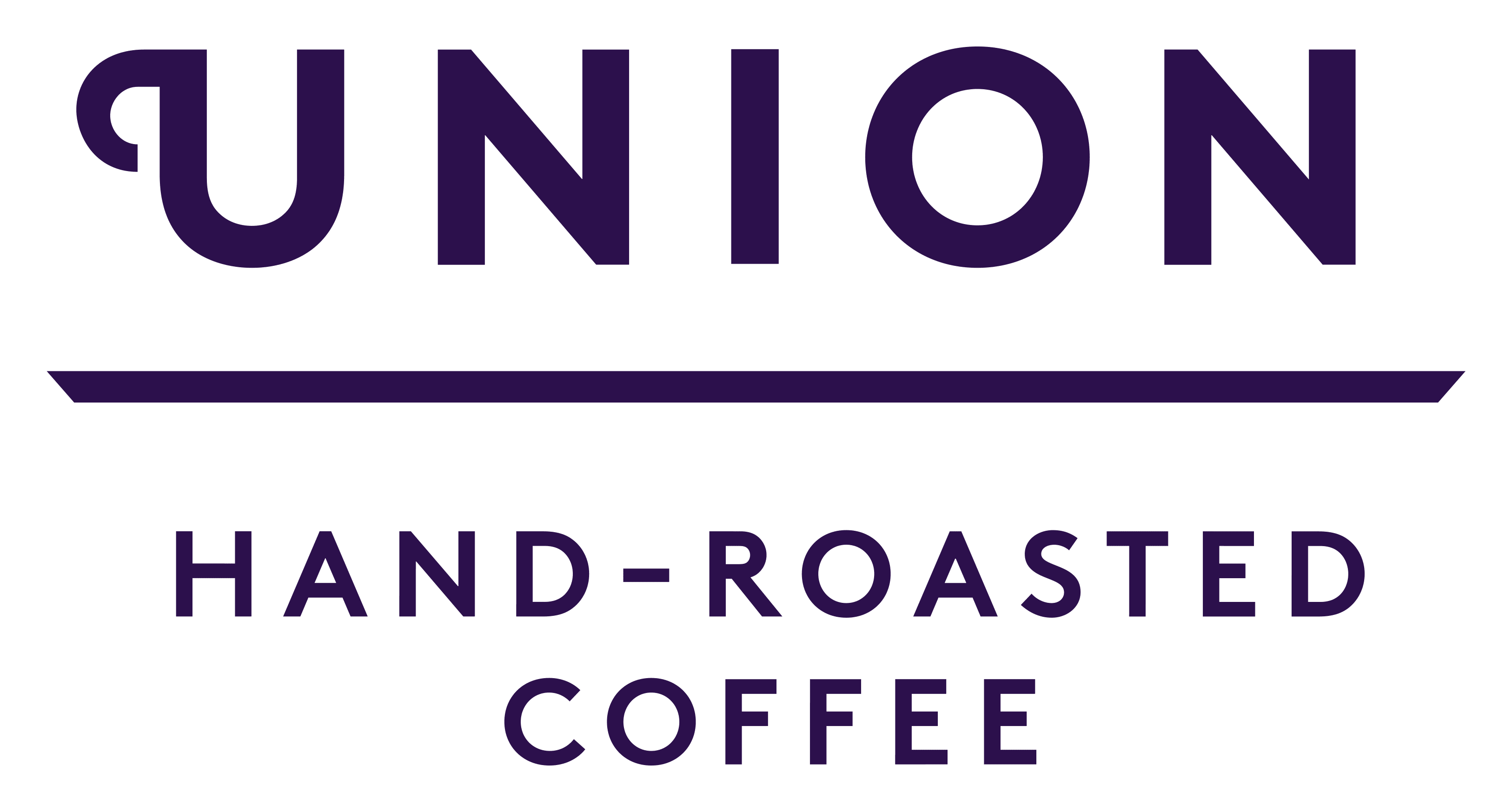The current market price for commodity grade coffee is very low. Does this mean the price of a cup of coffee at your petrol station will go down? I highly doubt it, but time will tell. The report about the global coffee pricing (Financial Times, May 22nd) explains that only 10p of your £2.50 cup of coffee represents the coffee. Rent, staff, tax, milk and paper cups soak up the other costs.
What I do know are the things farmers ask me all the time; “If prices on the coffee market are so low, will price for a cup of coffee go down, and is a pack of coffee becoming cheaper in the supermarket?”
I tell them “No. That inflation, living wages, rents and cost of living keep going up and this negates any decline in the coffee price”.
They always reply the same: “But Pascale, we also have higher minimum wages compared to last year, the cost of food has risen, fertilizer prices have gone up, everything gets more expensive each year! Why then do people expect us to accept less money for our coffee?”
I tell them I don’t know, whilst my inner thoughts are that maybe it’s because you live in faraway countries, and consumers have so little awareness about your lives, and how much work it takes to grow coffee.

The majority of the coffee trade is just an administrative exchange of paperwork for money. There are so many products that we consume on a daily basis, coffee is just one of them. Is it reasonable to expect people to know and understand the hard work and labour that goes into creating a cup of coffee?
Maybe it is also because you are at the bottom of the value chain, and there is no-one else left to squeeze to get prices further down. But actually, there is. What about farmworkers, the people who pick the harvest, often seasonal workers. These are the most vulnerable people, especially migrant workers who travel to coffee farms during the harvest to pick coffee. They often have homes in remote areas, with no land, where the climate and soils do not even allow them to grow sufficient food.
And what about your own children; your son who wanted to get an education, but now needs to work on the farm because you can no longer afford to pay for labour, and you certainly cannot pay for his education.
At Union, we approach the coffee trade differently. We know that if prices are pushed down, this directly affects the lives of many. We want people to treat their workers well, to have respect for the environment and to be sustainable. This means we cannot pay farmers 90 cents a pound (the current world market price*) and think this is the correct way to behave. Sustainability and ethics have a price.
In fact, in 2018 we paid on average 69% above the world market (New York C) price to our farmer partners.
Some might wonder, are we subsidising farmers by paying high amounts and distorting the price signal. We do not buy commodity coffee; we source top quality coffee – and this comes at a price. A cigar lover would argue that there are many different qualities of cigars. Hand rolled versus machine rolled, the type of tobacco used. A wine lover will passionately tell you about their preference for a certain region or grape, all hand-picked, no machines. You want to compare a mass-market beer with an artisan brew. There are notable differences, and whether you find them worth paying for is a personal choice.

In 2018 we paid a total of USD $2.88 million to farmers in premiums above the world market price. This means better livelihoods and opportunities to invest in their farms for our farmer partners. It also means our coffee is slightly more expensive than your average brand to be found in the supermarket – but we think you’ll appreciate the sweeter taste.
And isn’t it nice to know that by purchasing higher quality coffee, you recognise craftsmanship, you tell a farmer “I appreciate your skill and I recognize this is something exceptional?”
* Market price for coffee at the time of writing
A physical substance, such as food, grains, oils and metals, which is interchangeable with another product of the same type
A raw material or primary agricultural product that can be bought and sold, such as copper, oil or coffee. A commodity is interchangeable with a product of the same type. Copper from Chile, or copper from Australia, will perform its task when used to make electrical wiring; it doesn’t matter where it came from. The same for crude oil; your car will drive on Venezuelan, Canadian and Brazilian petroleum. Copper is copper, oil is oil …. Now can you actually believe that people say,” coffee is coffee”. That is where we at Union, and our fellow speciality coffee lovers disagree.
Can you truly claim that our Brazil Bobolink with its nutty flavours has a similar taste to the red apple, and raspberry jam taste of Balcones from Peru? That there is no difference between dialling in a Costa Rican Tarrazu, versus a Guatemala coffee, grown on non-volcanic soils in Huehuetenango?
It matters for many reasons, but it boils down to one thing, price.
Commodity prices continuously fluctuate. The price of a commodity is influenced by numerous factors; politics, regulatory changes (such as oil), seasonal variations, weather and market conditions. You notice the word quality is not in there.
At the time of writing, commodity coffee prices are very low, and have remained below one dollar per pound for over 12 months. An over simplified reason for this stems from a global oversupply, due in large part to the world’s top coffee producer, Brazil, seeing a record crop in 2018 with another big yield expected in 2019.
Adam Smith, founding father of capitalism promoted in “The Wealth of Nations” a non-interventionist philosophy, such as minimising the role of government regulation and taxation to release free markets, and the idea that an "invisible hand" that guides supply and demand.
The logical thinking behind this invisible hand is that when the world coffee price is low, farmers abandon or reduce coffee production and supply decreases. However, continued demand cause prices to rise, till eventually an equilibrium is achieved (in theory). Within the coffee sector there are market imperfections (information asymmetry, many sellers and few buyers) plus it takes around 3 to 4 years before the coffee plant is productive, which together creates complexities in this market.
This means that if prices fall growers need to make a conscious decision about either abandoning their coffee crops which could lead to losing all their investment or maybe they can take a softer approach and “sit it out” hoping markets recover soon. But if prices do rise, producers plant more coffee trees which take around 3-4 years before this crop becomes productive. Hence, the cycle of bust-and-boom. Commodity traders think of these fluctuations as part of the job – a good trader manages this risk. It’s just coffee isn’t it… it’s not that people’s lives depend on it!
Well…there is the humanitarian aspect that cannot be ignored. There are around 12.5 million coffee growers who depend on coffee for their livelihood. The majority of coffee is grown in countries with low human development index, by vulnerable populations. Most of those 12.5 million coffee growers have seen conflict or even civil war in their lifetime.
There are two ways of looking at their circumstances, either many coffee farmers are poor because they grow coffee, or coffee just happens to grow in countries where there is high levels of poverty. It does not matter which stand you take, because either way an income earned from coffee can provide an exit strategy out of poverty, or at a bare minimum, alleviate hardship.



